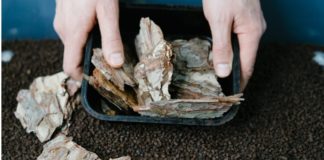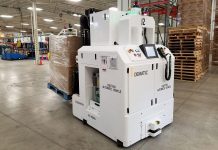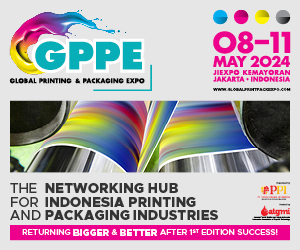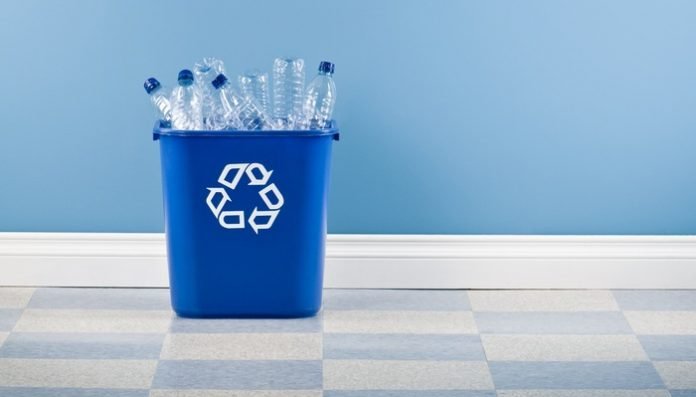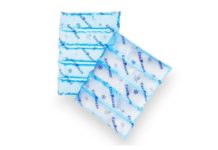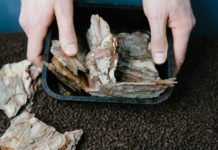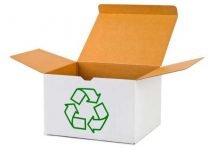LanzaTech’s model is to help companies reduce their carbon footprints by repurposing pollution as a feedstock instead of tapping into raw material supplies, especially fossil fuels.
“We’re offering this opportunity to use this waste carbon in a whole new way to make the packaging that we need,” Burton said. “People don’t like to talk about plastic packaging, but we still need a lot of plastic packaging for things like pharmaceutical needs and food-grade packaging.”
She explained that using captured carbon eliminates not only the need for petroleum, but also for land or food resources, such as growing corn to make ethanol. The process also lowers emissions by reducing the transportation needed to move material, due to LanzaTech’s focus on a distributed system. While the Illinois-based company has its own production facilities, it also licenses equipment to partners to produce materials at their own regional facilities across the world.
“We can be really flexible and tailor what we do for each geography,” Barton said. “That’s the only way we’re going to solve this carbon problem, is being able to deploy globally.”
LanzaTech’s technology has been used to convert carbon emissions into a variety of materials. A partnership with clothing retailer H&M and another with athletic apparel company Lululemon resulted in an emissions-derived polyester thread. A partnership with L’Oreal and Total resulted in a polyethylene cosmetics container.
Michigan-based Plastipak designs and manufactures rigid plastic packaging for food, beverage and consumer products customers. Innovation — including the production of recycled resin — is one of the key pillars that Plastipak set forth in its first sustainability report, which it released last year. Emissions reduction is another focal point, including through strategies such as reducing energy consumption, sourcing more renewable energy and boosting fleet efficiency and biodiesel use.
The partnership with LanzaTech helps Plastipak achieve “early progress in our ambition to produce PET with lower environmental impacts,” said Pedro Martins, Plastipak’s executive managing director, Europe, in a news release. The use of LanzaTech’s CarbonSmart MEG product “is a first and important milestone in our journey toward this goal, and combined with use of renewable electricity in the production process, has contributed to significant progress in indicators such as carbon reduction and use of fossil resources.”
Burton said some people are wary of employing bacteria at an industrial scale, but the anaerobic organism used in this carbon transformation process has the same high safety rating as conventional yeast. She also said that the process of converting the carbon into a usable resin could be considered recycling, just a different method than traditional mechanical recycling.
“This is just a new way of finding augmented recycling pathways for these food and pharma sectors, because today you can’t use that mechanically recycled plastic in those sectors,” Burton said. In turn, “all the PET that we make can be recycled, either mechanically or chemically. And that’s what’s really important because you can keep that carbon going in the material cycle continuously,” she said.



